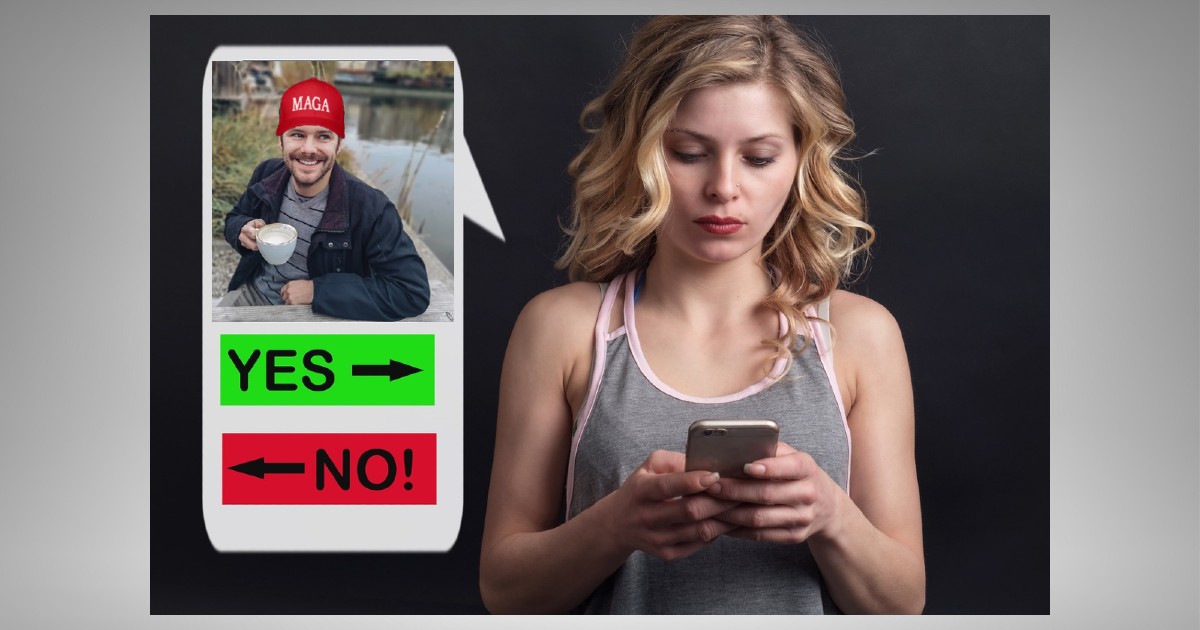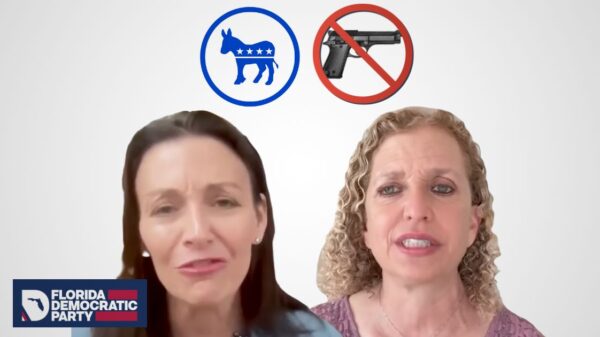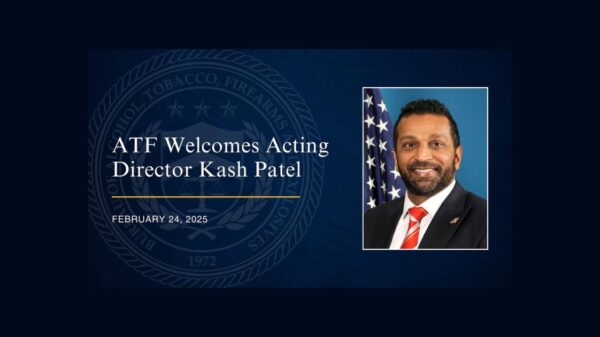A new survey by the Matchmaking Company revealed that “love and politics” don’t always go hand in hand.
Regarding political compatibility in dating and relationships during an election year, nearly half (46%) of Florida singles admit they would avoid dating someone with different political values.
- 43% said finding a partner with similar political values in Florida is difficult.
- Around 33% of Floridians said they would not go on a date with someone not planning to vote in the 2024 presidential election.
- 28% said they would most likely end a relationship due to political differences.
- 17% say they would consider changing their political beliefs for a partner.
- Just 10% of Floridians say political beliefs do not influence their choice in partner when dating.
(Story Continues Below Ads)
Women, more than men, attribute greater importance to political alignment. Twenty six percent of single women consider political compatibility non-negotiable, while only 14% of single men share this sentiment.
For 21% of singles, sharing similar political views isn’t just preferable; it’s non-negotiable in a romantic relationship. The political divide is a barrier to romance for nearly half of the singles surveyed. Meanwhile, 29% remain open to the possibility, and 25% sit on the fence with a ‘maybe.’
Finding love online, 33% of app users leverage political filters to sift through potential matches, emphasizing the weight of political compatibility. 15% always use this filter, marking politics as a critical criterion in their selection process and 15% of singles are open-minded enough to confidently step into the dating scene with someone from an opposing political camp.
In the early dating scene, a majority (55%) prefer to completely avoid political discussions in the early stages of a romantic connection.
When political opposites go on that first date, the survey found that when different views of a topic come up, 41% of singles would choose to listen without initiating a conflict, and 35% would engage in a polite debate.
But many in the survey admitted they would hold their ground. 45% are unwilling to overlook political differences —making it a deal-breaker for nearly half of the dating population. When push comes to shove, 23% of respondents have halted a budding romance due to irreconcilable political differences.
How Democrats, Republicans, and Independents viewed dating compatibility
Democrats place a higher emphasis on political compatibility in romantic relationships (82%) – compared to Republicans (67%) and Independents (68%).
Other notable findings include:
- 34% of Republican singles often or always avoid political discussions with their partner, compared to only 19% of Democrats and Independents.
- 63% of Republicans report that political views have never caused conflict, a sentiment less common among Democrats (52%) and Independents (42%).
- Republicans (70%) are more open to dating non-voters than Democrats (55%).
Political alignment plays a crucial role in choosing a partner for 19% of Democrats, while only eight percent of Republicans consider it a key factor.
The desire for a partner with shared political beliefs is especially strong among Democrats (31%), compared to Republicans (13%) and Independents (9%).
Democrats place a premium on aligning with their partners on key social issues, including:
Reproductive rights (66%)
Healthcare (46%)
Gun policies (40%)
Conversely, Republicans tend to prioritize aligning on economic and security issues, focusing on:
Inflation (45%)
Immigration (43%)
Jobs & the economy (36%)
Less critical topics for alignment for Democrats include international policy (54%), inflation (40%), and national security (38%). For Republicans, less critical topics for alignment include climate change (53%), international policy (44%), and reproductive rights (33%).
Couples that are together, 47% said political conversations lead to healthy debates, 15% experience occasional tension and 25% viewed the ‘agreeing to disagree’ was the best route.
Over half (52%) of couples indicate that differences in political views have never led to conflict, suggesting a level of either harmony or effective management of political diversity. In fact, 30% of couples find that political discussions positively enrich their partnership.
Impact on Partnership Cohesion and Decision-Making
A strong majority (77%) of couples believe in the importance of political compatibility for the success of a long-term relationship, although a substantial minority (23%) do not consider it crucial.


















